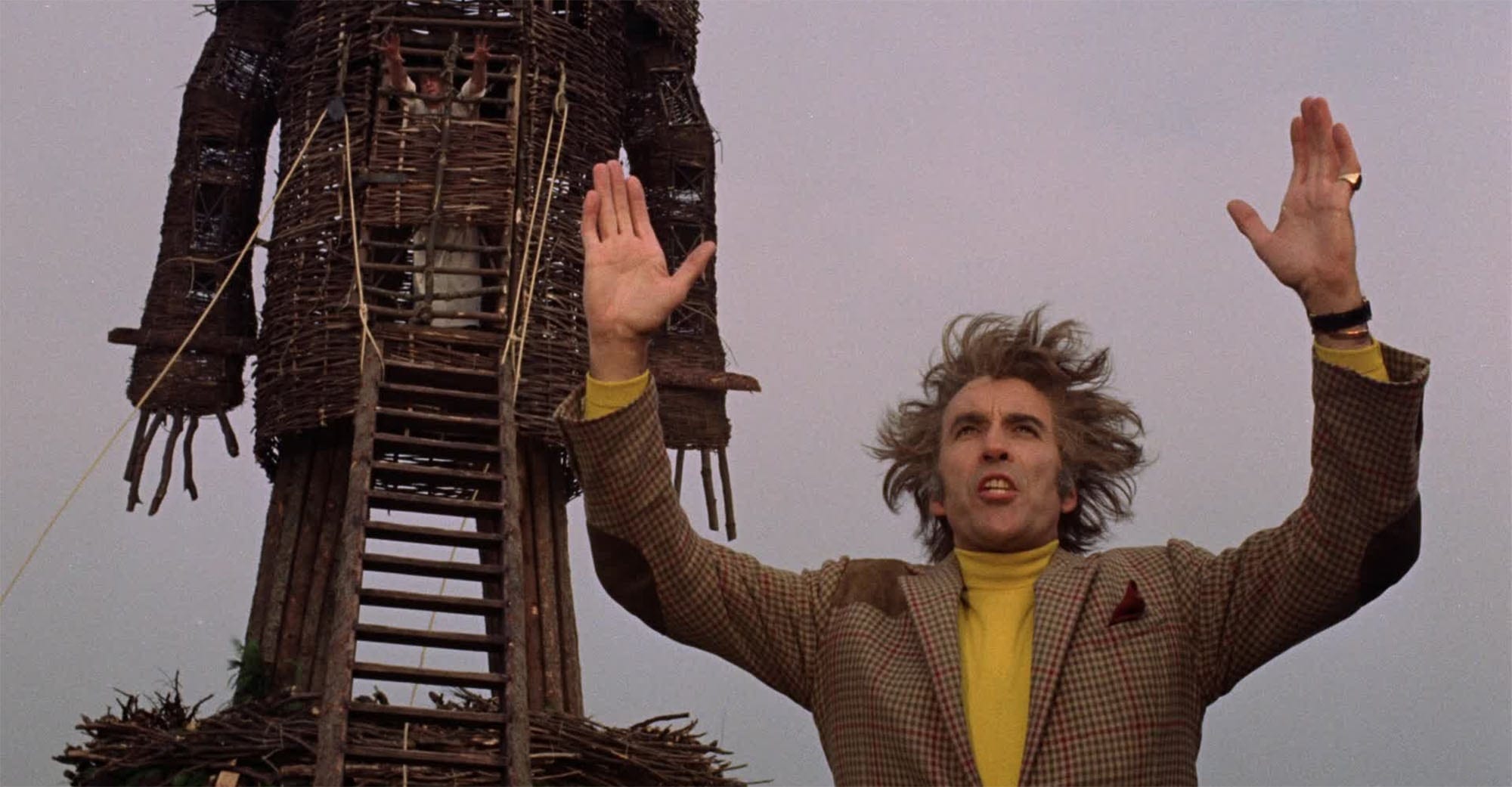
On Chesil Beach: A history of repressed emotions in British films
Brits are universally known to repress their emotions, thus leading to every Briton possessing a stiff upper lip – or so everyone thinks. However, whether it is sex, politics, love, or religion in British film, there is a collective consciousness and deployment by filmmakers, creatives, and screenwriters to portray characters suppressing these pivotal factors, which only leads to a spanner thrown into the works of their narratives.
With a new addition to the long canon of repressed emotions in British cinema – On Chesil Beach – here are a few films that are the pinnacle of restrained characters.

Four Weddings and a Funeral (1994)
Behind the flowing locks of Hugh Grant’s (Love Actually) Charles, his fundamental inability to tell Carrie (Andie MacDowell) that he loves her leads him on a long path of watching fellow friends get married while he remains single. Still, at least he tells her those magical words in that iconic final scene . . .

The Levelling (2017)
Hope Dickson Leach’s phenomenal debut included a subdued performance by Ellie Kendrick (Game of Thrones) as Clover. Equipping her script with minimal meaningful dialogue between herself and her father Aubrey (David Troughton), the desolate landscape infects their lack of emotional openness, only resulting in a bittersweet conclusion.

Women in Love (1969)
Beside the heterosexual relationships of the film, the famous (or infamous in another light) naked wrestling scene between Gerald (Oliver Reed) and Rupert (Alan Bates) in front of a fireplace serves to depict their deeply repressed homosexual feelings for one other.

Atonement (2007)
Based on the Ian McEwan’s novel – the same author as On Chesil Beach – Joe Wright’s melancholic film works so poignantly through its emotionally stifled characters, specifically Cecilia Tallis (Keira Knightley). The heartbreak that ensues between her and Robbie (James McAvoy) is a jolly good example of repression.

The Wicker Man (1973)
Focusing on the clash between Christian and Pagan beliefs in rural Scotland, Robin Hardy’s seminal piece of British film rests on Sergeant Howie’s (Edward Woodward) inability to become sexually free, suppressing his needs as a man for the provocative Willow (Britt Ekland) in a scene that blends the music with sheer sadness.



